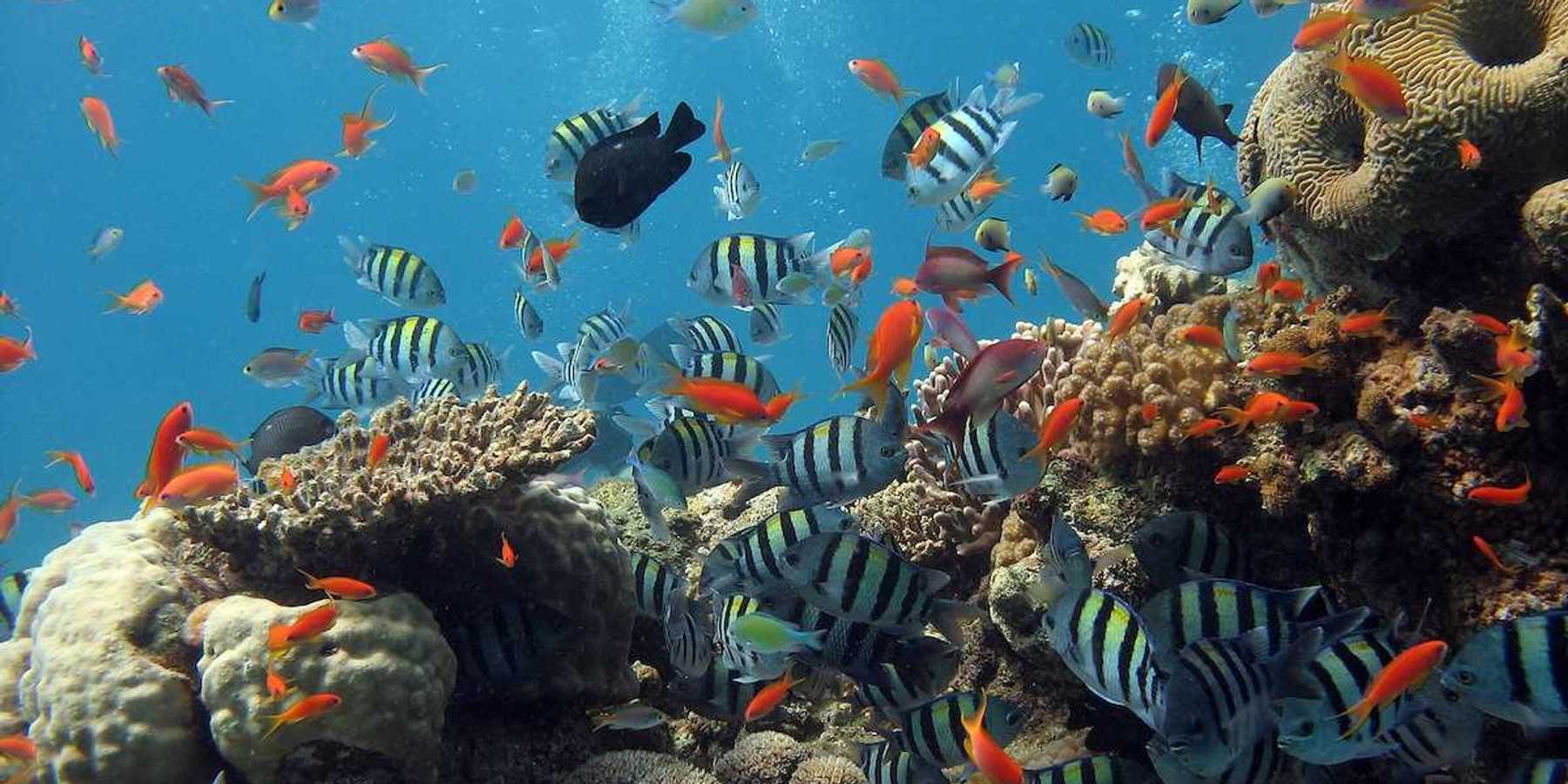28 October 2020
U.S. group urges Biden to use financial regulation to control climate change
A climate advocacy group comprised of high-profile backers of Democratic presidential candidate Joe Biden on Tuesday urged the former vice president to consider using U.S. financial regulation as a tool to fight global warming if he is elected.













